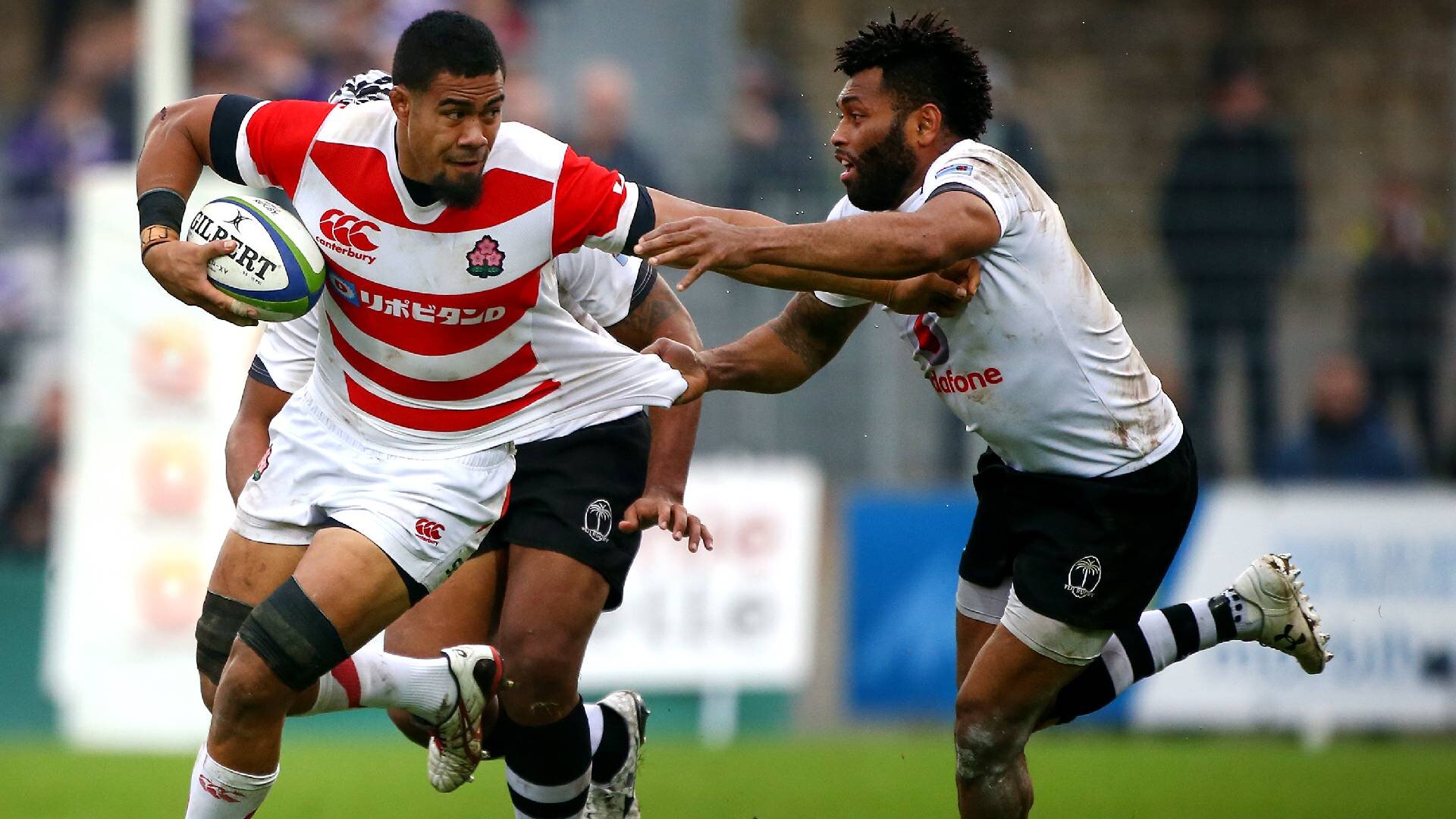Two nations could join Rugby Championship in wake of Nations Championship failure

The Rugby Championship could be expanded to accomodate tier two nations Fiji and Japan after World Rugby scrapped plans to introduce a global Nations Championship tournament earlier this week.
The Nations Championship was scheduled to begin in 2022, and would have taken place in in the traditional test windows – during the Six Nations in February and March, mid-year tests in July, Rugby Championship in August and September, and end-of-year tests in November.
The top two teams would then have met at the end of the year in a grand final at a neutral venue.
Introducing the multi-layered, promotion-relegation tournament would have secured participating unions millions of dollars in revenue.
As a result, cash-strapped nations in the southern hemisphere were interested in the proposal, but traction to bring the concept to fruition fell short following resistance from some northern hemisphere countries.
New Zealand Rugby chairman Brent Impey has voiced his disappointment at the decision, saying “a golden opportunity to grow the game internationally”.
In the aftermath of the decision, though, Rugby Australia boss Raelene Castle said SANZAAR could now look at expanding the existing Rugby Championship to beyond its current four-team structure.
She hasn’t ruled out the possibility of bringing Japan and Fiji, two sides that were involved in discussions with World Rugby about the Nations Championship proposal, into the competition alongside New Zealand, Australia, South Africa and Argentina.
“Certainly what World Rugby Nations Championship has done with this project is allow us to think outside the box about different things, around the calendar, the timing, inclusion of different teams, all of those things,” she said in a conference call on Thursday.
“It’s allowed the SANZAAR nations to think about the expansion of the Rugby Championship, how does that work from a team participation point of view, a commercial sustainability point of view, how does it work to grow the reach of the Rugby Championship, and one of the options is the expansion of the Rugby Championship but no final decision has been made.”
Japan would provide the most financial prosperity of all the involved nations, and shocked the world with a 34-32 victory over the Springboks at the 2015 World Cup in England.
A steady flow of promising results in the ensuing years suggests they have the ability to compete with tier one nations in the long-term future, and their performances at this year’s World Cup, which they are hosting, will be indicative of how competitive have become.
Fiji, meanwhile, have long been been shunned from facing quality, tier one opposition on a regular basis, largely for their lack of financial security.
However, many Fijian-born players have gone on to star for other nations, and Fiji themselves have performed above expectation on occasion, with their most notable success coming during the 2007 World Cup, when they beat Wales to qualify for the quarter-finals for the first time in their history.
In other news:
















